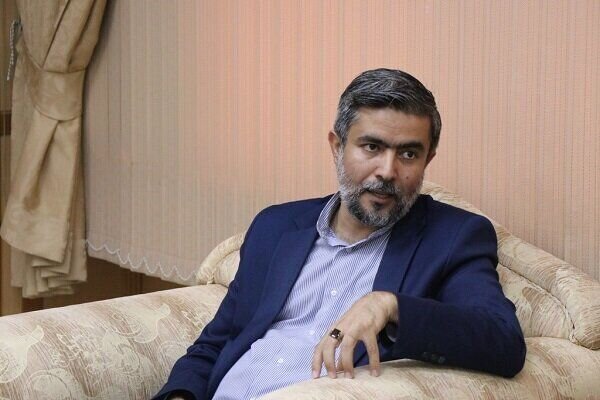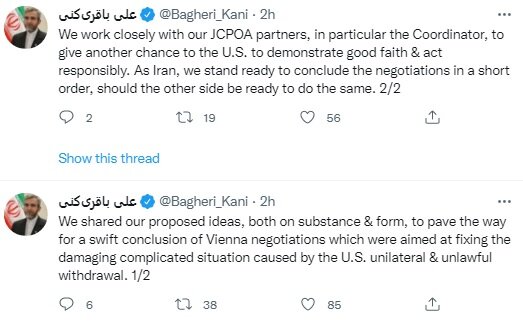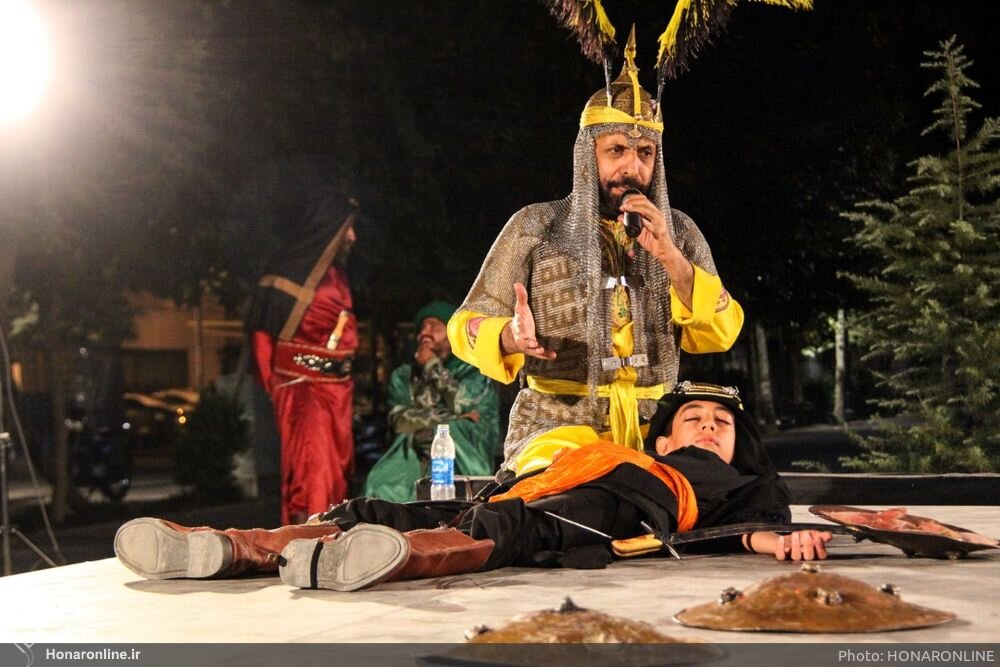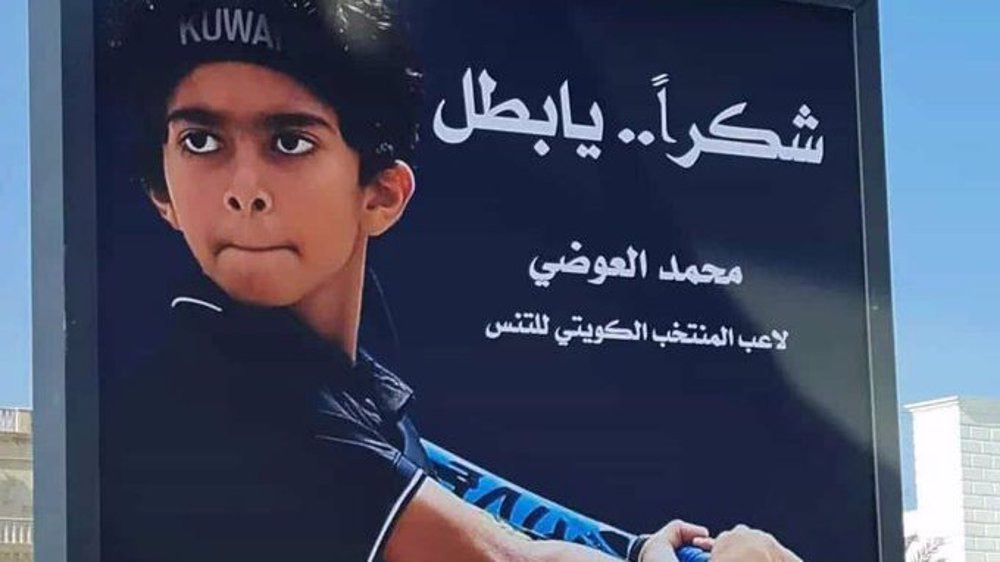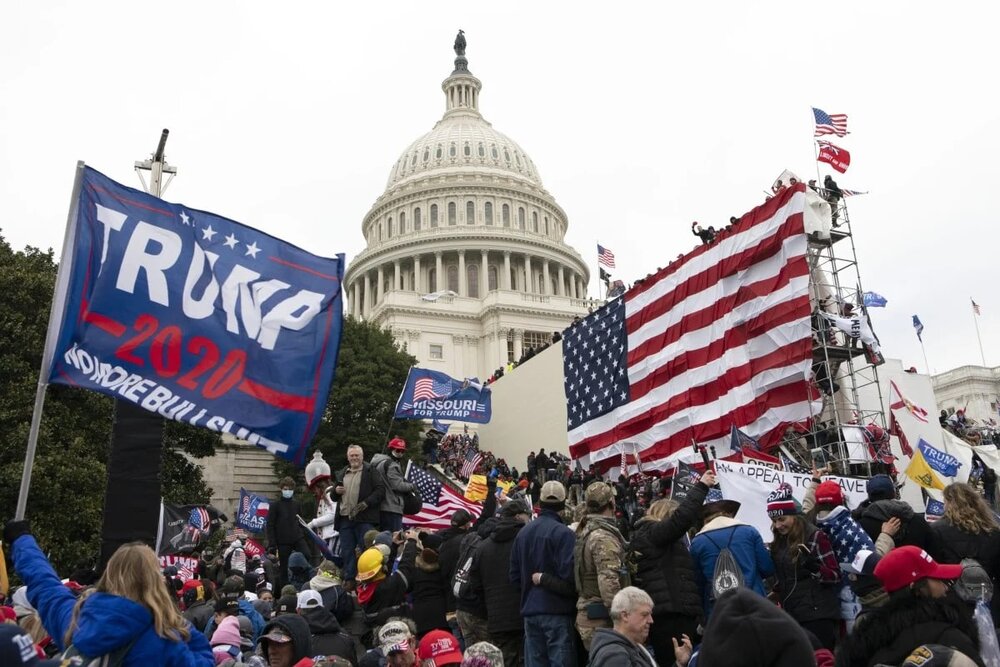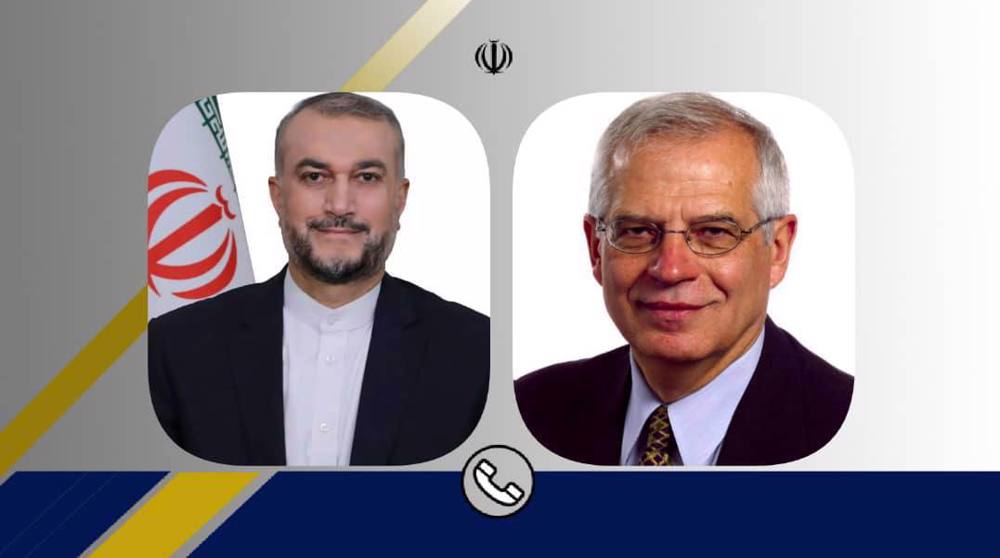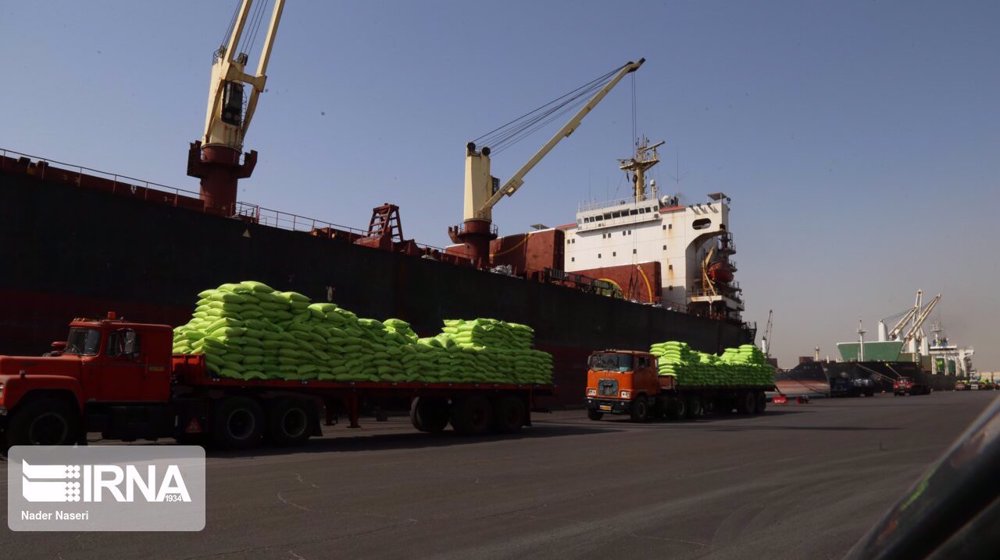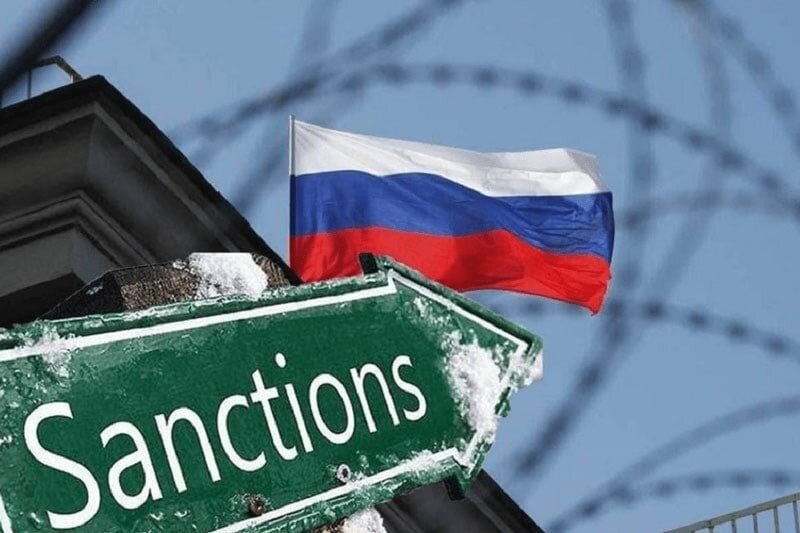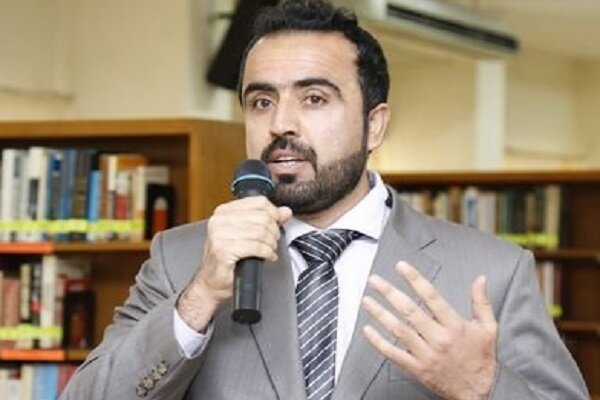A new poll in the United States shows two in five Americans (43 percent) believe a second civil war is “at least somewhat likely” to break out in the next decade.
The figure is higher among Republicans who are more likely than Democrats to expect civil war and comes after the FBI executed an extraordinary search warrant at Mar-a-Lago in Florida, the residence of former President Donald Trump, as part of an ongoing investigation into whether the ex-President illegally retained government records. He has accused the FBI of a partisan witch hunt.
Two-thirds of Americans believe that political divisions in the United States has gotten worse since the beginning of 2021, compared to only eight percent who say the country has grown less divided. This is while few Americans see things improving in the coming years: 62 percent expect an increase in political divisions.
The FBI raid on Trump’s home has been met with fury and threats among the former Republican President’s supporters as well as some far-right figures who have publicly called for a civil war.
Senator Lindsey Graham gave an idea into Republican thinking by warning there “literally will be riots in the street” if Trump is prosecuted following the raid.
“Most Republicans, including me, believe when it comes to Trump, there is no law. It’s all about getting him,” the South Carolina Republican told American media “There is a double standard when it comes to Trump”.
The Senator compared the raid, which the U.S. Department of Justice says led to the FBI seizing more than 100 classified documents, to the lack of action against either President Joe Biden’s son Hunter Biden or former Secretary of State Hillary Clinton.
“And I’ll say this if there is a prosecution of Donald Trump for mishandling classified information after the Clinton debacle … there will be riots in the streets,” Graham said. The Republican lawmaker repeated his concerns again that he has “never been more worried about the law in politics as I am right now.”
“How can you tell a conservative Republican that the system works when it comes to Trump?” he asked.
“And if they try to prosecute President Trump for mishandling classified information after Hillary Clinton set up a server in her basement, there literally will be riots in the street,” Graham repeated. The senator ended his interview saying “I worry about our country.”
According to the new poll by YouGov and the Economist, the majority of Americans believe political divisions have worsened. About two-thirds say Americans have become more polarized politically and they are largely pessimistic about the future of their country, with 63 percent saying they expect the separations to increase and 62 percent predicting political violence will worsen over the next few years.
The FBI Director, Christopher Wray, has already raised the alarm over “dangerous” threats being made following the August raid on Trump’s Florida estate. Days later, an armed man who tried to storm the FBI’s Cincinnati, Ohio office cited the raid on the former President as a “call to arms,” telling his online followers, “People, this is it.”
On Tuesday, President Biden said that he was sickened by "attacks on the FBI" after the agency's search of Trump's home earlier this month. Speaking at an event in Pennsylvania he said "It's sickening to see the new attacks on the FBI... There is no place in this country for endangering the lives of law enforcement.”
According to a leaked FBI report, other threats against the bureau in the aftermath of the Trump raid include calls for an all-out civil war and “targeted killings” of all involved as well as the use of a radioactive “dirty bomb” against the FBI.
In a joint report with the Department of Homeland Security obtained by American media, the FBI said it had “observed an increase in violent threats” online following the raid on Trump’s residence.
That included “a threat to place a so-called dirty bomb in front of the FBI headquarters and issuing general calls for ‘civil war’ and ‘armed rebellion,'” the statement warned, according to U.S. media.
Some of the threats were “specific in identifying proposed targets, tactics, or weaponry,” the report warned.
“The FBI and DHS have identified multiple articulated threats and calls for the targeted killing of judicial, law enforcement, and government officials associated with the Palm Beach search, including the federal judge who approved the Palm Beach search warrant,” the report said.
“The FBI and DHS have also observed the personal identifying information of possible targets of violence, such as home addresses and identification of family members, disseminated online as additional targets.” The report said the “recent activities” had flagged “potential targets of DVE [domestic violent extremist] violence moving forward.”
That “could include law enforcement, judicial officials, individuals implicated in conspiracy theories and perceived ideological opponents who challenge their worldview,” it reportedly warned.
Trump, who insists the raid affidavit released further proved a “witch hunt” against him, has also warned that “the country is in a very dangerous position.”
In August President Biden sat down with a group of top historians who warned him that the current state of affairs was comparable to the eras that preceded the American Civil War and World War II.
Three in five Americans (60 percent) anticipate an increase in political violence in the next few years and only nine percent expect political violence to decline. Elsewhere the new joint poll found that compared to Democrats, Republicans are more likely to say political division has worsened lately and to expect the political divide to widen. Opinions on the frequency of political violence, now and in the future, have much smaller partisan gaps.
Another major separate poll in July suggested rising gun violence will spill into the political sphere, driven by conspiracy theories. The study confirmed one in five Americans believes violence motivated by political reasons is, at least sometimes, justified. Nearly half expect a civil war, and many said they would trade democracy for a strong leader.
That followed revelations that between 2010 and 2020 deaths from guns in the United States grew by nearly 43 percent and that firearm sales had surged to record levels during the coronavirus pandemic.
As politics and public health continue to drive interest in owning guns, last year alone, Americans bought about 19.9 million firearms. While that figure is 12.5 percent down from 2020 (according to one estimate), 2021 was still the second-highest year on record.
According to Small Arms Analytics and Forecasting which uses FBI background check data to estimate sales, gun purchases did not break the year 2020’s record-breaking 22.8 million sales, but 2021 very easily surpassed the pre-pandemic record of 16.7 million in 2016.
However, gun control advocates say data based on FBI checks fails to give the exact picture as the number of firearms traded on the black market for example are unclear. A survey by the Department of Justice in 2019 suggested that 43 percent of criminals purchased their guns on the black market. Nevertheless, last year firearm dealers sold about six guns for every 100 Americans.
The record number of firearms and ammunition on the streets with a polarized political landscape that saw the insurrection on Capitol Hill along with a rise in extremism gives worrying grounds for the outbreak of civil war. Now there is an added concern about the fallout from the FBI raid on Trump’s home.

